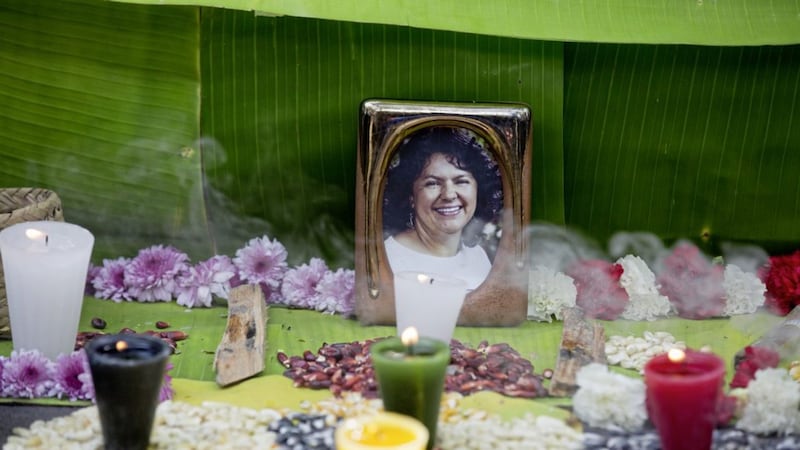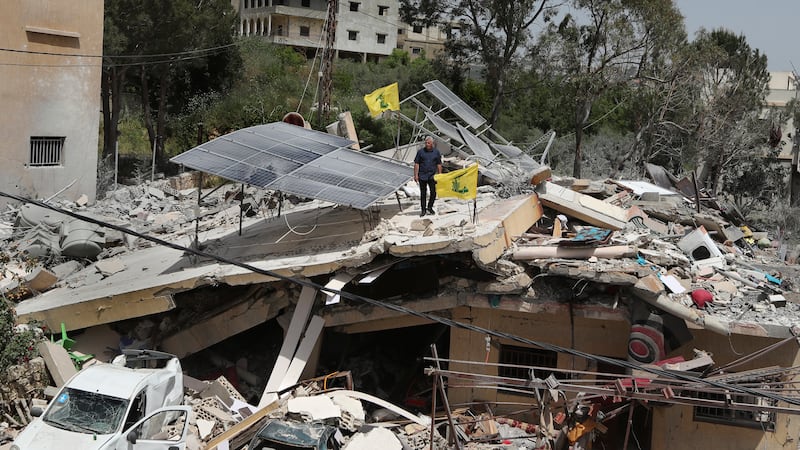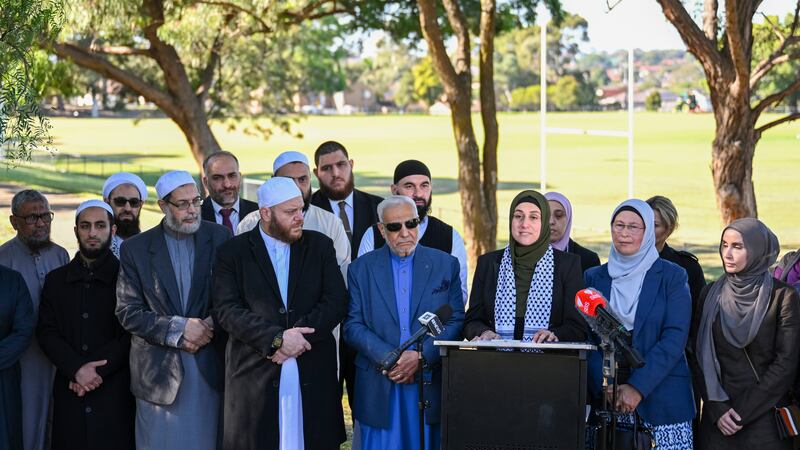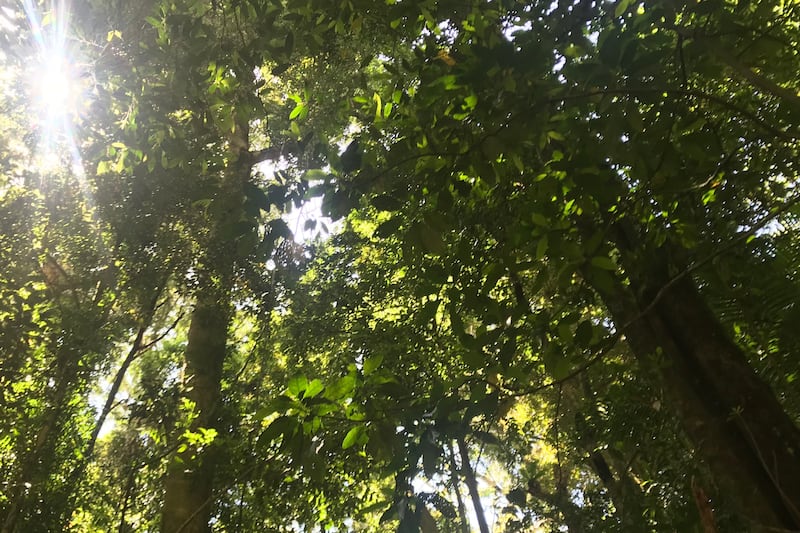At least 200 land and environmental activists were killed in 2016 protecting forests, rivers and land from mining, logging and agricultural companies – the highest annual number on record, a watchdog said.
India had a threefold increase in such killings but Latin America remained the deadliest region with some 60 per cent of the world's deaths of activists protecting resources, London-based Global Witness said in a report.
The deaths, which rose from 185 the previous year, were reported in 24 countries compared to 16 in 2015.
"The fact that the upward curve of killings has continued suggests that governments and business continue to prioritise short-term profit over human lives," Global Witness campaigner Billy Kyte said.
Mining, oil, agriculture and logging were the industries most associated with activist murders.
Mr Kyte said such interests are encroaching more on previously untouched areas and coming into conflict in particular with indigenous peoples, who accounted for 40 per cent of the victims documented in the report.
The group said the true number of killings is likely to be much higher, since collecting such data is difficult.
While murder is an extreme tactic of oppression, activists also routinely experienced death threats, assaults, arrests and costly legal battles, it said.
Honduras, where 14 land defenders were killed last year, remained the deadliest nation per capita.
The victims there included Berta Caceres, who was awarded the prestigious Goldman Environmental Prize for her opposition to a hydroelectric dam project on her Lenca people's lands.
She was killed in March 2016 by gunmen who forced their way into her home.
Two other members of her indigenous organisation Copinh were also killed last year.
Last week, two European development banks announced they were pulling financing from the dam project that Ms Caceres had opposed.
Forty-nine land activists were killed last year in Brazil and 37 in Colombia, the two highest national tolls, the report said.
The Philippines and India were next with 28 and 16, respectively.
The report noted police brutality against largely peaceful protests soared in India in 2016.
Across Africa the people most at risk were rangers at national parks whose jobs pitted them against poachers.
The report said activists fighting to protect the natural resources of their communities around the world, including in the US, increasingly found themselves portrayed as criminals, facing both false charges and aggressive civil cases brought by governments and companies.
The group's research suggests that 2017 will be deadlier, Mr Kyte said.
"I think these attacks are getting more brazen," he said, lamenting what he called "collusion between states and corporate interests in silencing dissent over these destructive industries".








